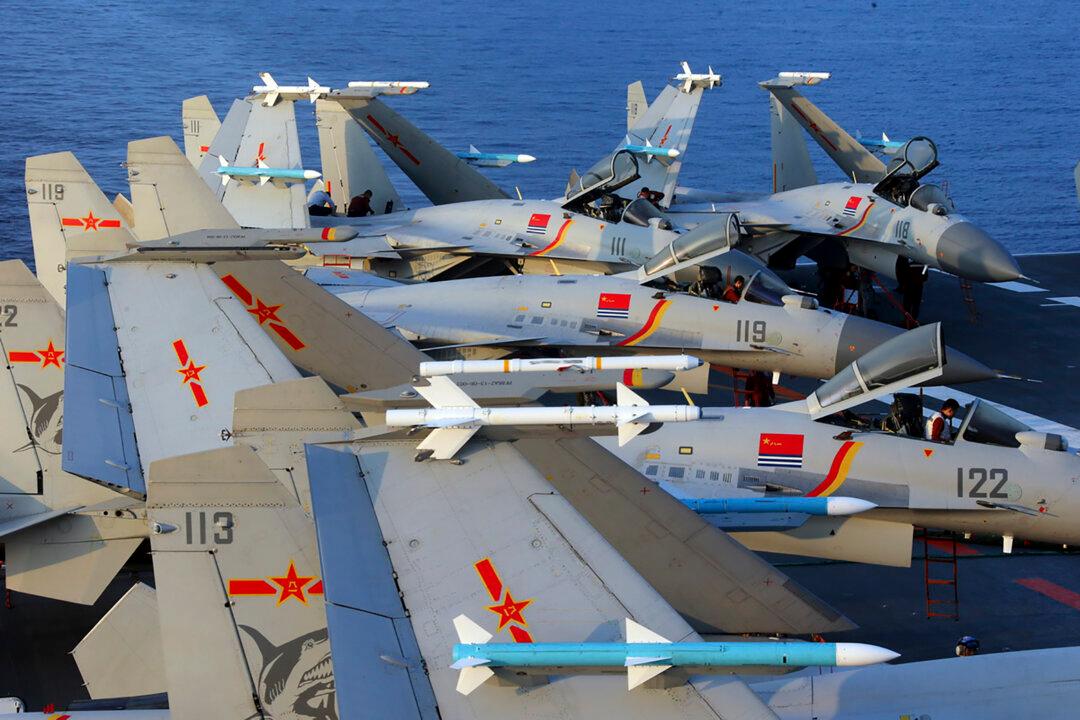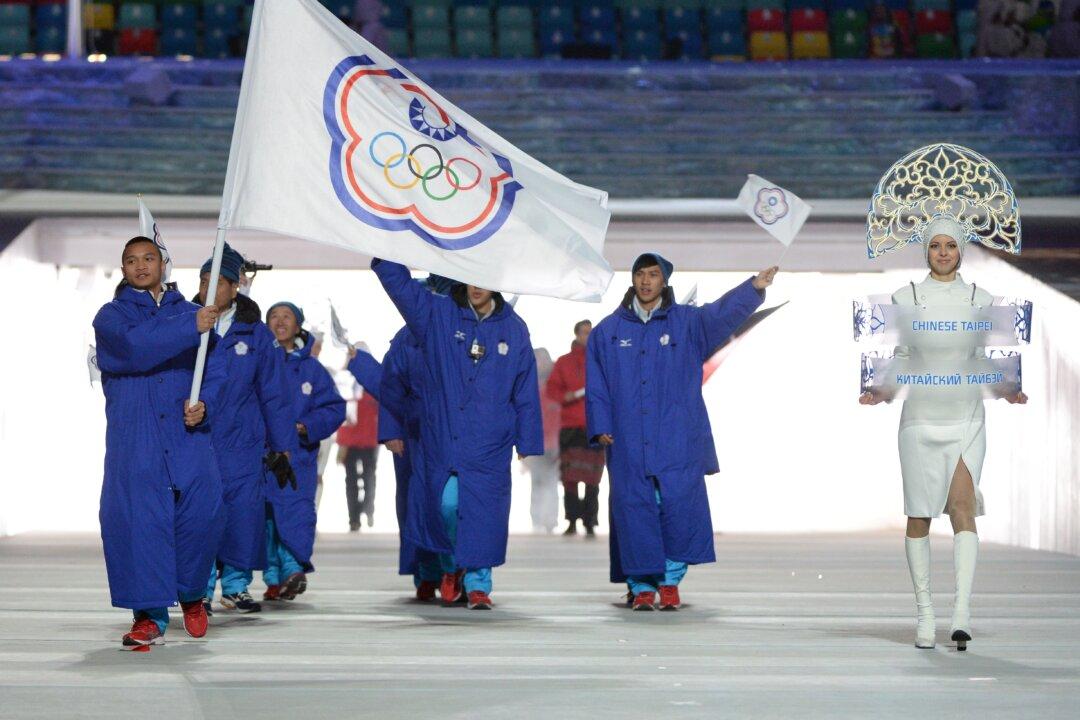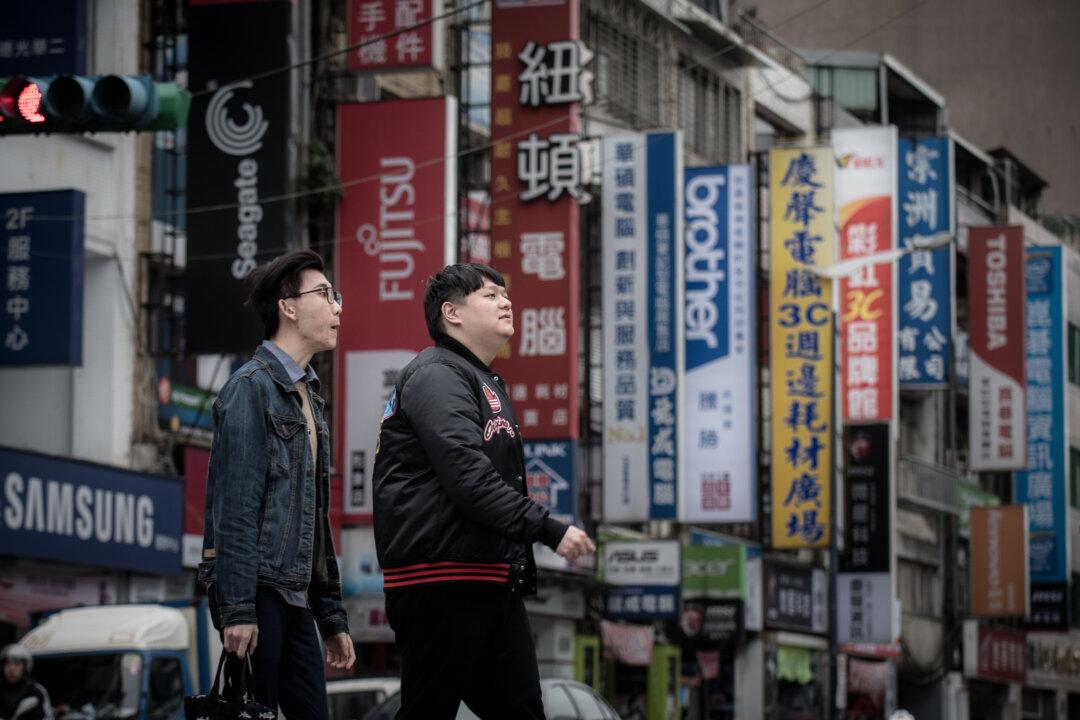WASHINGTON—President Donald Trump’s new national security strategy has received praise from an unlikely source: a preeminent Chinese foreign policy scholar who is well-known in China for his writings on U.S.–China competition. He says Trump’s new strategy, if implemented, could quickly help to restore U.S. power around the globe and challenge China’s expansion.
The strategy paper, released last month, lays out the Trump administration’s plan to confront the “revisionist powers” of Russia and China. It has been widely perceived as especially targeting the Chinese regime, which the paper and many of Trump’s advisers and officials alike have described as the biggest threat to the national security and interests of the United States and its allies in the coming decades.




